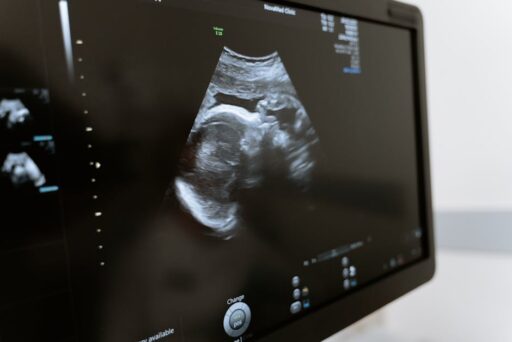Navigating Migraine Treatments: A Guide for Women Planning Pregnancy
Migraine headaches affect one billion people worldwide and are notably more common among individuals who could become pregnant. During pregnancy, migraine frequency can vary, increasing, decreasing, or remaining stable. Last year, we discussed treatment options with Caroline, who was five months pregnant at that time. Now, she has reached out to us again to explore treatment options before planning her next pregnancy.
Previously, Caroline used acetaminophen and sumatriptan, but found them less effective over time. Today, she’s considering newer drugs available since her last pregnancy, particularly interested in preventive medications. Her healthcare provider has mentioned Emgality® (galcanezumab-gnlm) and Nurtec ODT® (rimegepant) as potential options.
Understanding New Migraine Medications
Recent advancements in migraine treatments include calcitonin gene-related peptide (CGRP) antagonists. These medications, known as CGRP receptor blockers and CGRP blockers, offer new avenues for both treating and preventing migraines. However, data on their safety during pregnancy remains limited.
Currently, there’s insufficient human data on Quilipta®, Nurtec ODT®, and Ubrelvy®. In contrast, Ajovy®, Vyepti®, Aimovig®, and Emgality® have some human data available, although it’s limited.
Available Data on Migraine Medications
Ajovy®: In 13 pre-pregnancy and 10 pregnancy exposures, no increased pregnancy loss was observed, although one child was born with kidney and GI issues.
Vyepti®: Two cases during pregnancy resulted in one reported miscarriage. Its large molecular size suggests minimal risk in the first trimester, but more data is needed.
Aimovig®: Among 116 cases, no increased risk of pregnancy loss or birth defects was reported, though six cases of early birth were noted.
Emgality®: Data from 125 cases show no increased risk of pregnancy loss or birth defects, making it a viable option for Caroline.
Consulting with Caroline
We advised Caroline on Nurtec ODT® and Emgality®. While Nurtec ODT® lacks human studies, animal data appears promising, and the drug rapidly clears from the body. This may allow Caroline to try it now and see its efficacy before pregnancy. Emgality®’s current human data also looks promising, and Caroline plans to discuss these options with her healthcare provider.
In conclusion, while dealing with migraines can be challenging, staying informed with current data doesn’t have to be a headache. MotherToBaby is here to provide guidance and support.





